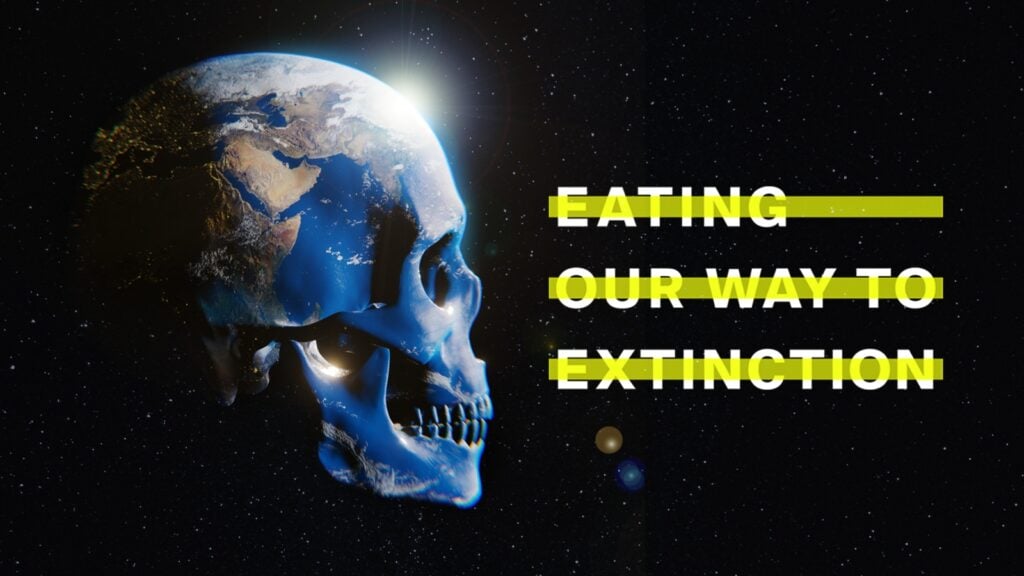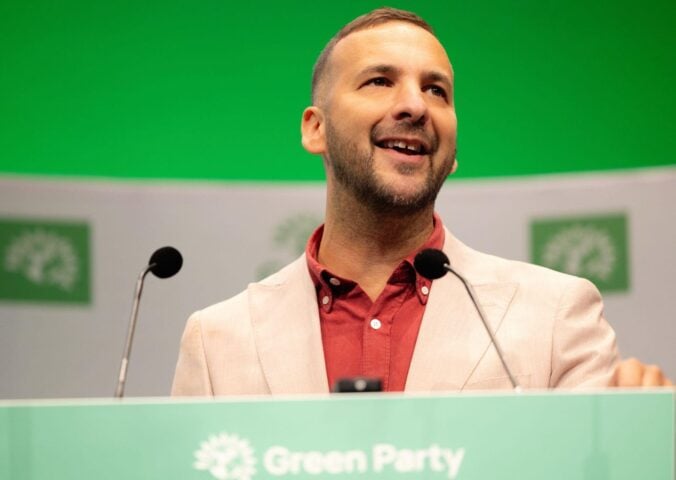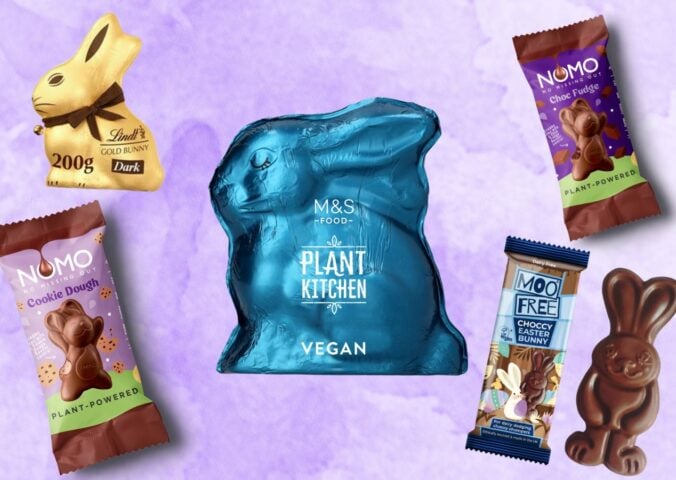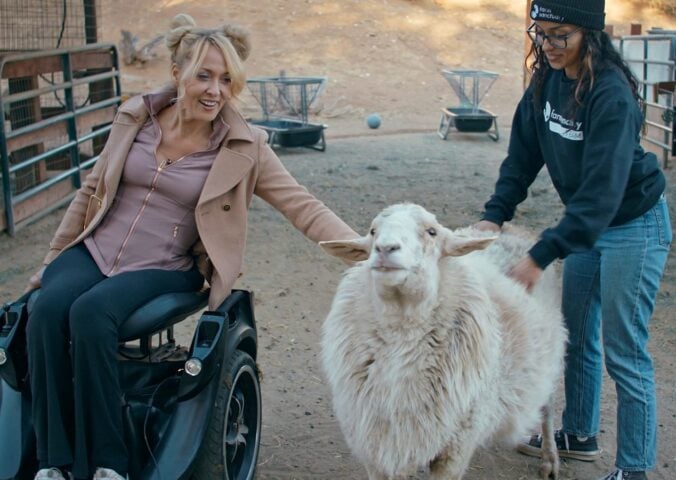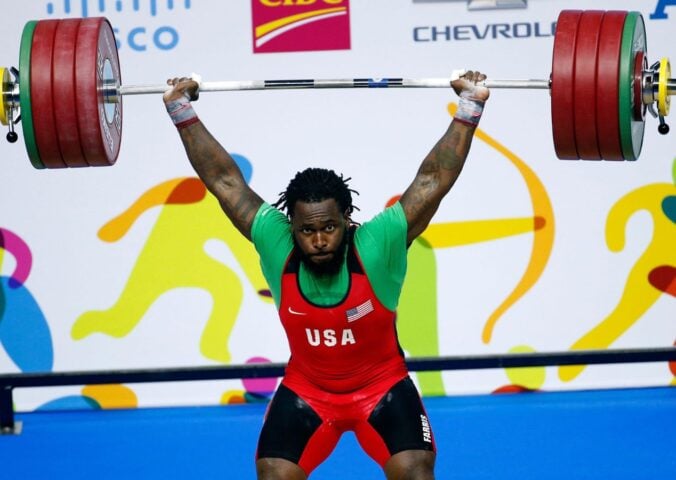Eating Our Way to Extinction, a hard-hitting climate documentary with a very vegan message, is available to watch on the Plant Based News YouTube channel, free of charge.
The feature film — narrated by Academy Award-winner Kate Winslet and directed by brothers Otto and Ludo Brockway — explores the environmental impact of diet.
Eating Our Way to Extinction first premiered in September 2021, and has since earned widespread approval. Leonardo DiCaprio, for example, described it as “the film future generations will be wishing everyone watched today.”
With a running time of one hour and 22 minutes, the documentary brings to light the destruction caused by animal agriculture in various corners of the world. For example, the Amazon rainforest, the Mongolian desert, the Taiwanese Mountains, and the US Dust Bowl.
It’s this negative impact that is not given enough airtime, according to Otto and the film’s producer Mark Galvin.
“Something that we found incredibly frustrating is this subject and this story is left out of the debate so many times,” the pair previously told Plant Based News.
They added that even the 26th UN Climate Change Conference (COP26), which took place shortly after the film’s launch, neglected to properly address animal farming’s impact on the planet. “It’s still kind of taking the sideline,” they said. “The sad thing and the frustrating thing is it’s not actually representing the science.”
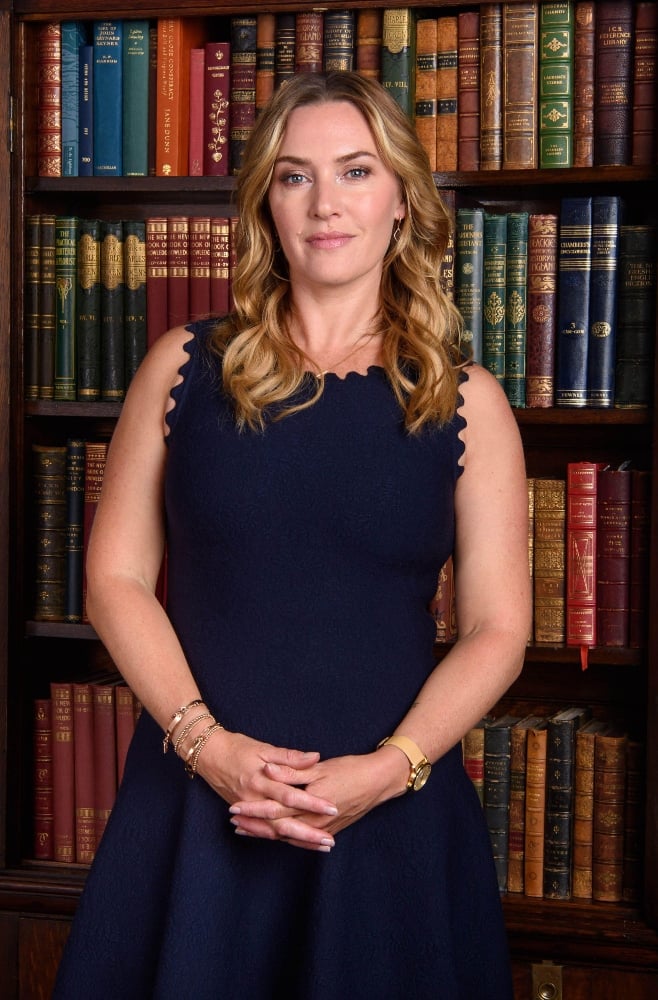
Who is in ‘Eating Our Way to Extinction’?
Filmmakers brought together dozens of experts across a wide range of fields, including nutrition, haematology, water management, economics, agriculture, virology, and arctic ice.
Former UN Special Rapporteur Olivier de Schutter lent his voice to the film, as did scientist Joseph Poore, physician Dr Michael Greger, and Sylvia Earle, the former chief of the National Oceanic and Atmospheric Administration (NOAA).
Virgin Group’s Sir Richard Branson features in the project too. Branson is also an executive producer of the film, alongside Winslet and The Game Changers producer James Wilks.
To create Eating Our Way to Extinction, filmmakers spoke with Indigenous people in South America and Brazil, who are often most affected by the climate crisis yet largely spoken over. Including these silenced voices was “really powerful,” Otto and Galvin said.
“Most of the modern world has somewhat lost that connection to nature and to the planet in some way,” they explained. “[Indigenous] people very much still live in tune with nature and they see the cycles of the Earth and the cycles around them that have been relatively stable for hundreds and maybe even thousands of years – suddenly changing.”
“And in such a way that to them they perceive it as violent. And you can see the fear in their eyes when they talk about it,” they added.
Inspiring change
But Eating Our Way to Extinction is about more than that fear. It also comes with a message of hope, spotlighting the ways humankind can come together to preserve and restore our planet. “Documentaries are an incredibly powerful tool to create social change,” Otto and Galvin said.
“We all have the power to make an impact. Breakfast, lunch, and dinner – three chances to change the world for the better,” the film’s website reads. “Are you Eating To Extinction, or Eating For Tomorrow?”
Those interested can watch Eating Our Way to Extinction on YouTube. It’s also available on Amazon, Google Play, iTunes, and VUDU, and can be viewed in nearly 15 languages.
Find more videos like this on the Plant Based News YouTube channel
